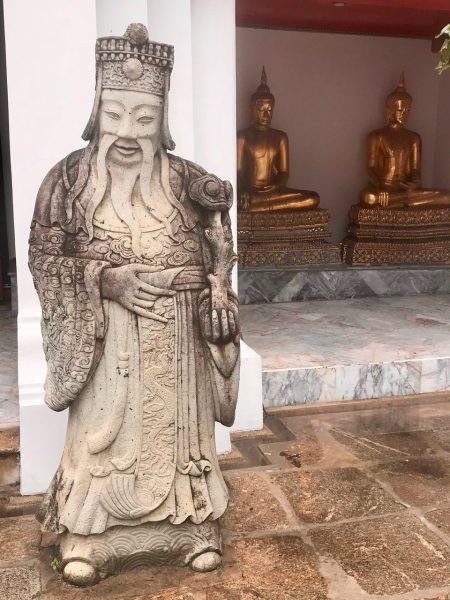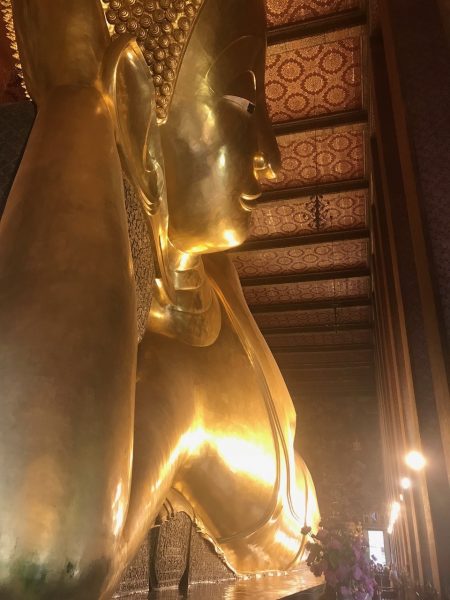Publishers have a lot of power. Written material shapes thinking and conversations. When they choose a book or article, they are using physical and mental space that might have gone elsewhere.
For many, many years in the English-speaking countries, that space has gone to white cis men, excluding other voices. Compounding the exclusion has been misogyny in many of those men’s writing.
I gave up reading fiction a long time ago. It was all men’s viewpoints. When Henry Miller’s Tropics became legal in the US, I read them. An older male colleague asked me what I thought. I don’t recall my exact response, but it was along the lines of it being a viewpoint I didn’t recognize. And Norman Mailer and John Cheever and John Updike and Philip Roth and too many others.
The pretense was “Oh but they are such wonderful writers.” As recently as this week, I saw a woman tweeting how she loved Philip Roth’s sentences. I never could get to those sentences through the subject matter, which either didn’t interest me (men’s masturbatory fantasies) or was actively misogynist. Later fiction presented men’s fantasies about what people of color or women really thought. Women fiction writers too often picked up too much of the men’s influence. I tossed it all in the trash.
I’m encouraged by W. W. Norton’s decision to scrap Roth’s biography, written by his hand-picked biographer, who is now accused of inappropriate behavior toward his students and rape. Yes, I want to shout, of course the person Roth chose to represent him would be that way.
Ron Charles, in the Washington Post, points out that diversity at a publishing firm opens a route for non-cis-white-male viewpoints to go into those decisions about how that valuable print space will be allocated. The staff at Simon and Schuster has lodged an objection to the company’s signing a contract for a book by former Vice President Mike Pence. Supporting Nazis, it turns out, isn’t to everyone’s taste.
I suspect some major publishers still don’t understand what having a diverse workforce entails. It was never just about making your office look like a Benetton ad. The real goal behind a diverse workforce is a wide range of experiences and ideas — and people empowered to act on them.
Charles sees clearly what is happening. I’m pleased that my judgments are finally being validated.
Cross-posted to Nuclear Diner













